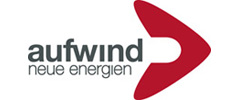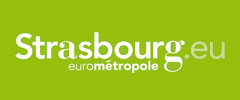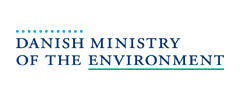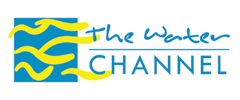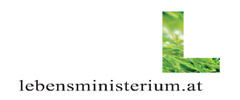Crowdfunder for ‘Environmenstrual’ Campaign from the Women's Environmental Network
WECF partner, the UK-based Women’s Environmental Network (WEN), have recently launched a ‘Crowdfunder’ for their new ‘Environmenstrual Campaign’. The goal of which is to spark a menstrual revolution and increase demand for healthy, eco-friendly menstrual products.
27.05.2018 |
WECF partner, the UK-based Women’s Environmental Network (WEN), have recently launched a ‘Crowdfunder’ for their new ‘Environmenstrual Campaign’. The goal of which is to spark a menstrual revolution and increase demand for healthy, eco-friendly menstrual products.
The campaign aims to raise a minimum of £10,000, which will cover the costs of providingworkshops on safe, eco-friendly menstrual hygiene in schools and universities across the UK. Those running the workshops with be trained as ‘Environmenstrual Ambassadors’ for their communities. If enough funds are raised, WEN will also create and distribute a free ‘Environmenstrual’ educational resource, as well as a public information package.
This crowdfunder campaign is a very important one, as there are ongoing health and environmental issues as a result of the use of standard menstrual products. The problems are multiple and overlapping but can be categorised under four key areas:
Plastic
11,000, is the number of disposable menstrual products the average women in the UK uses over her lifespan (enough to fill a double-decker bus). WEN is pressuring manufacturers of menstrual products to cut-out the plastic and transition to fully biodegradable items as soon as possible.
Waste
Around 2 BILLION disposable menstrual products are flushed down toilets in the UK every year! This type of disposal causes major sewage blockages, leaving local councils with huge bills to pay. WEN want people to be well informed about the problems that irresponsibly disposing of menstrual products can cause.
Health
Plastic and non-organic cotton are the main materials used to produce standard menstrual products around the world! Frequent intimate contact with these can lead to a range of health problems for women and girls! WEN are campaigning for safe, affordable and accessible, menstrual items that do not damage the health of people or the environment.
Education
Most menstrual hygiene education in British schools encourage girls to start using conventional disposable products as soon as they get their first period, without considering the serious health and environmental impact that these products cause. Awareness surrounding reusable or biodegradable menstrual products is therefore severely lacking. WEN are working to better inform girls and women of the options they have while managing their menstruation.
So far, WEN have raised over £3000 for the Environmenstrual Crowdfunder campaign, however, they still need significant help in reaching their ‘dream’ target of £18,000, over the next month! With generous donations, they will be able to greatly expand their work, and increase awareness of alternative menstrual products amongst the public.
WEN are also encouraging people to take a #PeriodsWithoutPlastic pledge, while offering vouchers for eco-friendly menstrual products, and they have started a petition, calling on manufacturers to cut the plastic from their menstrual products.
Furthermore, in the coming October, WEN are coordinating a week of action with a coalition of partner organisations and activists to push the ‘Environmenstrual’ campaign forward, with expanded awareness raising and continuing lobbying for policy change.
Related News
Calling for periods free from plastic & hazardous chemicals
Letter to Frédérique Ries, MEP, European Parliament on behalf of the #BreakFreeFromPlastics movement
04.09.2018
Together for sustainable sanitation and water security worldwide!
Stockholm, 26-31 Aug 2018: WECF participated in the World Water Week 2018 to further support the worldwide implementation of SDG 6
01.09.2018
Fifth meeting of the Expert Group on Equitable Access to Water and Sanitation, 26 - 27 June 2018
WECF shares experiences on developing and implementing Equitable Access Action Plans
27.07.2018
National Round Table and Training on Drinking Water Issues and Priorities in Macedonia
Working Package 2 – Educational measures for responsible institutions and drafting of regulations, among the on-going project „Water and Sanitation Safety Planning in Romania, Albania, and FYR Macedonia”
27.07.2018
Training for Teachers on Water and Sanitation Safety Planning
Women in Development and WECF organise a 2-day workshop in Shkodra region, Albania
27.07.2018



















